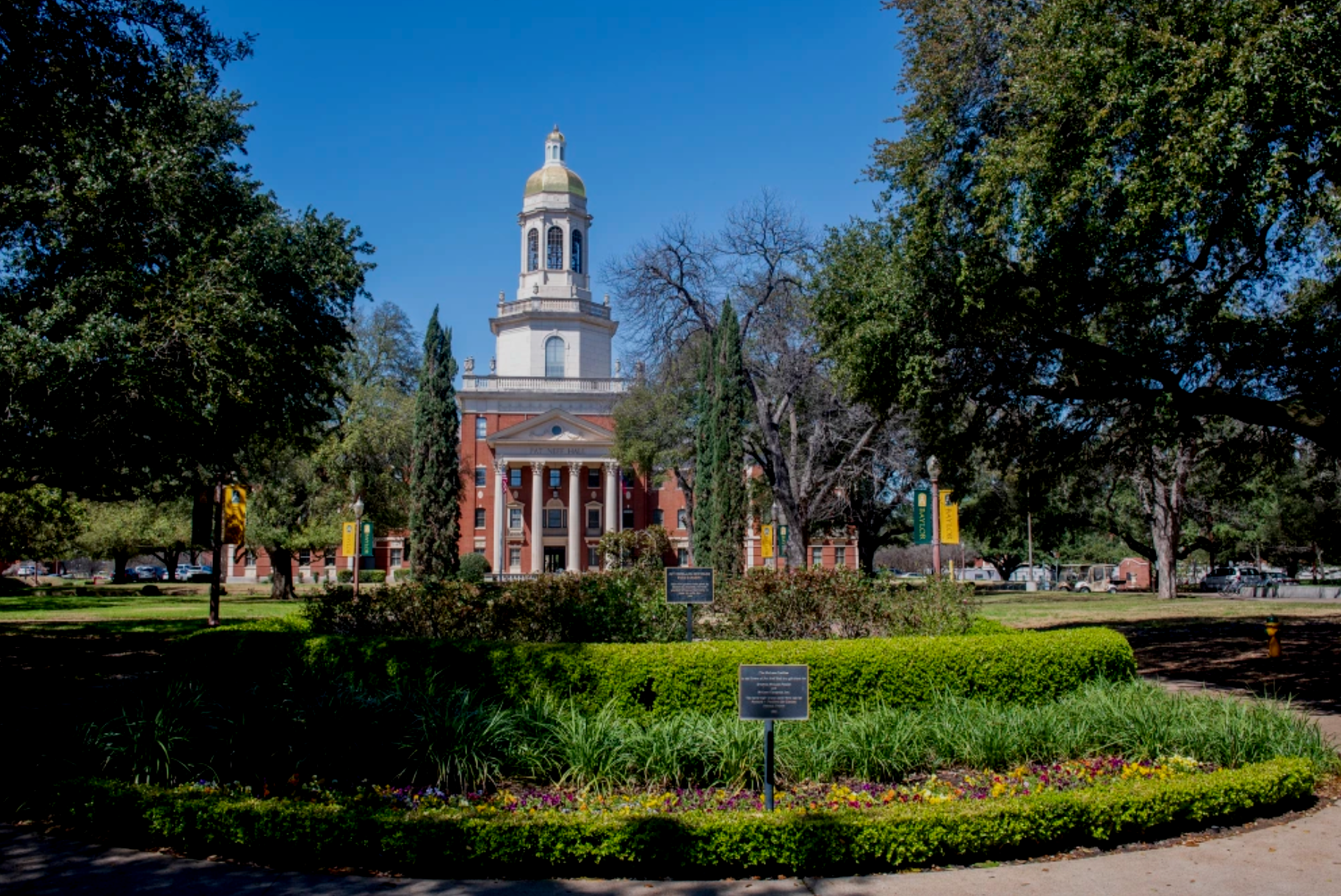OPINION | DAN MCGEE | APRIL 30, 2019
H. L. Mencken famously remarked that for every complex problem there is an answer that is clear, simple and wrong. Most of the clients I have treated over the years who have identified themselves as lesbian, gay, bisexual or transgender (LGBT) would take issue with the suggestion that sexual orientation is ever a choice. Some were devoutly attempting to follow Christ and to reconcile the conflict between what they felt internally and what they believed or had been taught that the Bible teaches.
As a researcher and clinician, my study of human sexuality, as well as my overwhelming volume of clinical exposure, led me to lean strongly toward the notion that there are indeed biological factors involved in the origin of sexual orientation. Yet, as a Christian and an ordained minister, two questions haunted me. First, how could I go against what for centuries have been the broadly accepted interpretations of scriptures regarding same-sex behavior? Second, how could I come to such conclusions with conviction when the moderate wing of my own denomination – those who nurtured, educated, ordained and employed me – overwhelmingly opposes my convictions?
For many years I wrestled internally with efforts to spiritualize rejection of gay and lesbian persons with “hate the sin but love the sinner” language. All the while what I was observing privately in the lives of my clients was a great deal of unnecessary pain.
When you take mental health seriously as a calling you don’t pick who will show up at your door. God continued to allow very special people to cross my office threshold from whom I learned a great deal. I diligently reviewed biblical passages, their historical settings, the languages involved and the variety of scholarly interpretations of them.
Why did I decide to “come out” as a heterosexual Christian sexologist who believes in the “whosoever will” of the Gospel? It should come as no surprise: I began to listen to the right Voice.
Two things are clear to me in God’s “whosoever” invitation: I personally have done nothing to earn God’s invitation, and it is not my place to judge who is and who is not welcome into the family of faith. For 2,000 years Christians have been divided and institutionalized based on different interpretations of selected Bible passages. Yet we all share a common faith based on the words of Jesus quoted in John 3:16 and the verse that follows it: God did not send his Son into the world to condemn its people. He sent him to save them! (CEV)
Jesus left no doubt as to how his followers are to respond to those who are rejected, marginalized or who do not fit into our own expectations. He has not called us to define who is and who is not acceptable to him.
Emotional connectedness is crucial to our well-being. At the simplest level of observation, we know that the cruelest form of punishment in any society is solitary confinement.
I am one of more than 3,000 persons associated with Baylor University to sign an open letter to Baylor President Linda Livingstone that asks the university to “reconsider its exclusion of student organizations that are designed to provide a community for individuals in the lesbian, gay, bisexual, transgender, questioning (LGBTQ) and allied community.”
If my alma mater doesn’t begin to recognize and respond in Christian love to the diversity of its students we not only have failed to measure up to the model of Jesus; we are identifying with the rigid textual literalism he faced 2,000 years ago. Furthermore, we are isolating Baylor from the very principles that a legitimate research university must uphold. The largest Baptist university in the world stands at the crossroads. It will either become more invested in the challenges of our day or it will become irrelevant.
Opening the Baylor campus and community to allow a safe space for LGBTQ students, their friends, families and seekers to assemble is both compassionate and just – just what Jesus would do.













